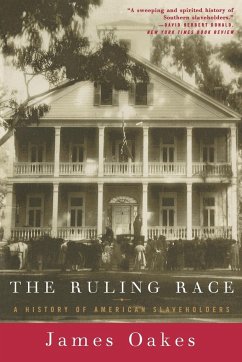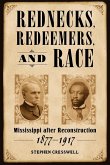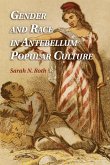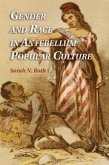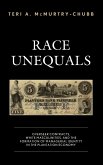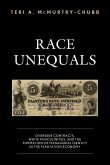Shattering the myth that slaveholders were a paternalistic aristocracy, historian James Oakes reveals them as having been just as entrepreneurial as their northern counterparts, committed to free-market commercialism and political democracy for white males. Oakes's pathbreaking analysis shows the Civil War as not a conflict of separate ideologies, but instead the split of a single system.
This pathbreaking social history of the slaveholding South marks a turn in our understanding of antebellum America and the coming of the Civil War. Oakes's bracing analysis breaks the myth that slaveholders were a paternalistic aristocracy dedicated to the values of honor, race, and section. Instead they emerge as having much in common with their entrepreneurial counterparts in the North: they were committed to free-market commercialism and political democracy for white males. The Civil War was not an inevitable conflict between civilizations on different paths but the crack-up of a single system, the result of people and events.
Hinweis: Dieser Artikel kann nur an eine deutsche Lieferadresse ausgeliefert werden.
This pathbreaking social history of the slaveholding South marks a turn in our understanding of antebellum America and the coming of the Civil War. Oakes's bracing analysis breaks the myth that slaveholders were a paternalistic aristocracy dedicated to the values of honor, race, and section. Instead they emerge as having much in common with their entrepreneurial counterparts in the North: they were committed to free-market commercialism and political democracy for white males. The Civil War was not an inevitable conflict between civilizations on different paths but the crack-up of a single system, the result of people and events.
Hinweis: Dieser Artikel kann nur an eine deutsche Lieferadresse ausgeliefert werden.

